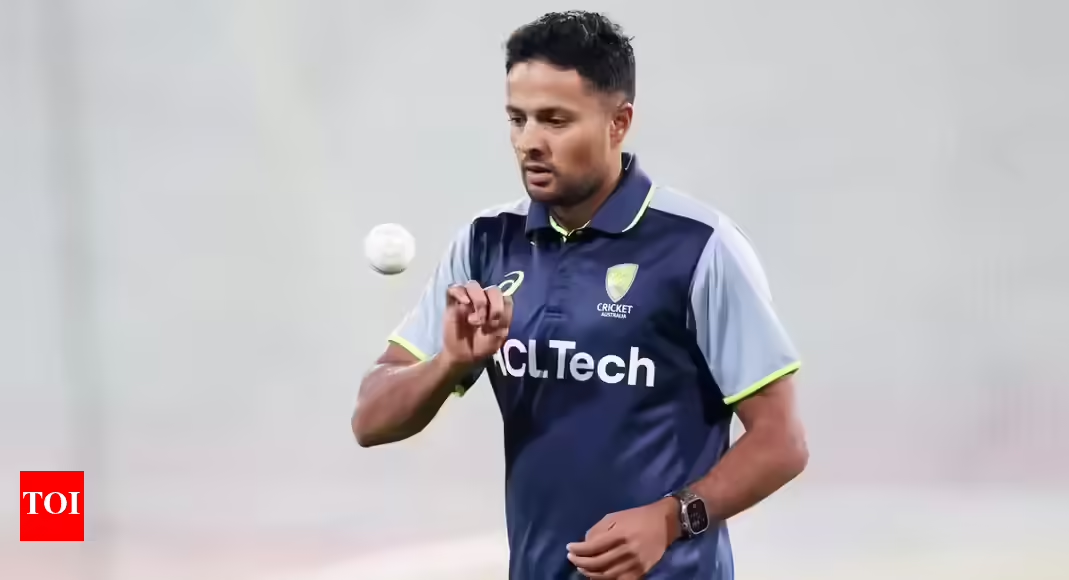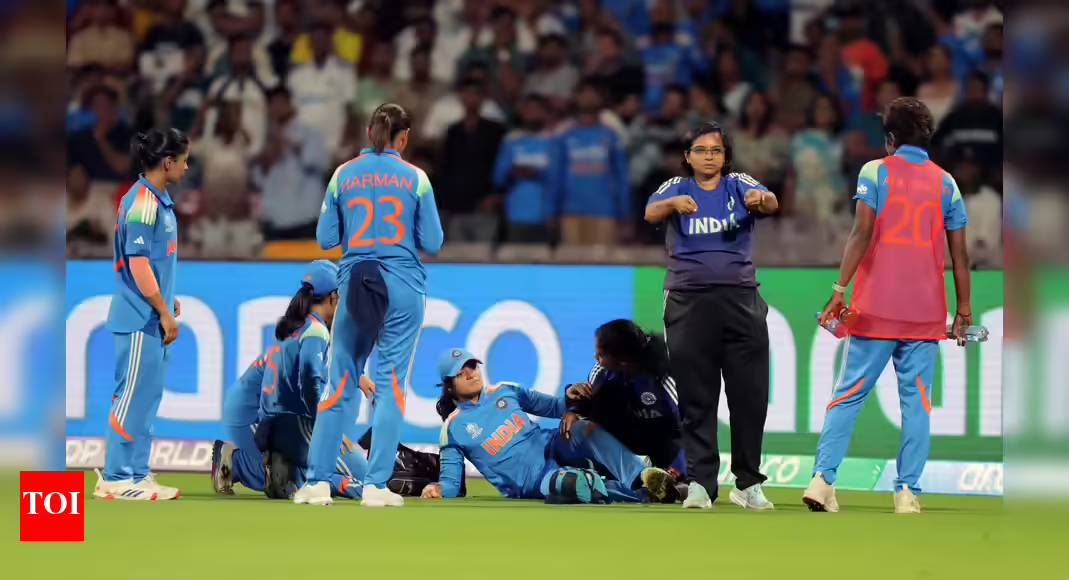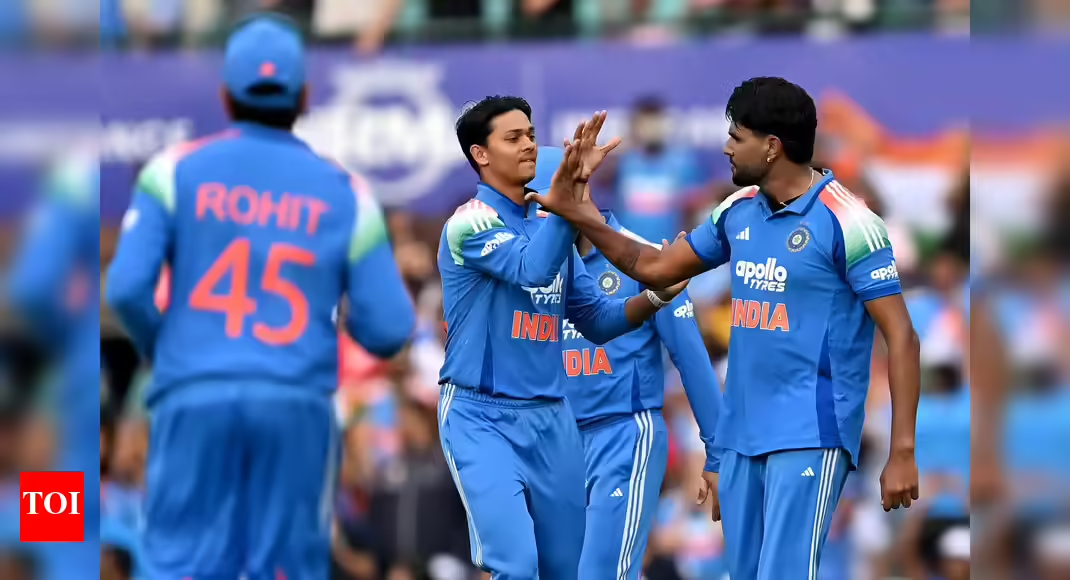Cricket’s Shocking Transition: Mohsin Naqvi Makes Bold Moves at PCB
In a seismic shift for Pakistan cricket, Mohsin Naqvi, the newly appointed chairman of the Pakistan Cricket Board (PCB), has stunned fans and analysts alike by appointing Shan Masood as the director of international cricket. This unexpected twist follows Pakistan’s disheartening performance in the Asia Cup, leaving many speculating about the future of the national team and its leadership structure.
A New Era Begins
Shan Masood, who recently stepped down as Pakistan’s Test captain following a lackluster defeat to South Africa in Rawalpindi, is now set to pivot from player to administrator. Announced by Naqvi during a reception for the Pakistan and South African teams at the Prime Minister’s residence, this appointment not only raises eyebrows but also questions about the rules governing player associations with board positions.
Taking charge just a week before the application deadline for this role, Naqvi’s decision marks a unique intersection between playing careers and governance—as Masood will juggle roles both as a player and a director, a scenario unprecedented on an international level.
The Controversial Choice
While Masood’s appointment has created a buzz, it isn’t without controversy. The PCB’s constitution explicitly prohibits active players from holding administrative roles, officially reserving such positions for retired cricketers. Moreover, Masood replaces Usman Wahla, who faced suspension during the Asia Cup due to an administration fiasco involving a delay in crucial communications.
Despite these challenges, the PCB has emphasized that Masood satisfies all necessary qualifications, having represented Pakistan in 44 Tests, 9 ODIs, and 19 T20Is. His transition from captain to administrator may offer fresh perspectives, yet it also underlines ongoing tensions within the PCB’s management structure.
Looking Ahead
The PCB has been open about its intention to innovate and streamline cricket management. With Masood on board, there may be a rekindling of hope among fans that dynamic changes will lead to improved performance on the international stage. However, as discussions about compliance and suitability linger, all eyes will be on Masood to prove that players can indeed steer their teams from both sides of the pitch.
Takeaway: A Crucial Moment for Cricket Governance
As cricket enthusiasts watch with bated breath, this pivotal moment may redefine the landscape of cricket administration in Pakistan. Whether this strategic appointment will lead to better governance or further complicate cricket politics remains to be seen. For now, it’s clear that the winds of change are blowing through the PCB, and how they navigate these waters could impact the future of the game in the nation.




